Robert Gordon University (RGU) researchers are launching a study to find out about food shopping experiences of people living with obesity and on a low income.
Researchers specifically want to speak to anyone living with obesity or who is looking to lose weight and who may be struggling to put food on the table or has done so in the past.
The research forms part of the wider Food Insecurity in People Living with Obesity project (FIO Food), that also includes academics from Aberdeen University and others from across the UK.
RGU’s research team hope to gather evidence to inform public policy through a series of one-to-one interviews and focus groups so that they can better understand how to support people living with obesity and food insecurity.
Scottish Health Survey data has shown that people living in the most deprived circumstances in Scotland are more likely to be overweight and obese than people living in more affluent circumstances.
Public health problem
Flora Douglas, a professor in public health at RGU said: “Obesity and being overweight is a public health problem that we have been grappling with for the last few decades.
“People living with obesity are more likely to experience a range of health and wellbeing issues, including cardiovascular disease, type two diabetes, some types of cancer, osteoporosis and poorer mental health.
“We know that many people face food insecurity and cannot access enough affordable, nutritious food and our aim with this research is to make food shopping more accessible and to break down barriers in the retail environment that prevent people making healthy choices.”
As part of the study, the research team is inviting people aged 16 and over to take part in a short 30-40 minute interview or group discussion to share experiences of shopping for food while living on a low income or a very restricted food budget.
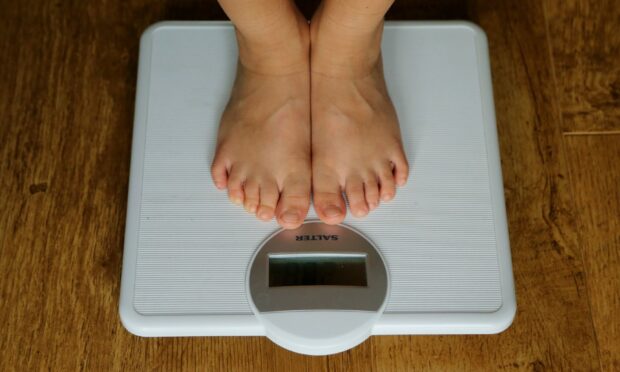



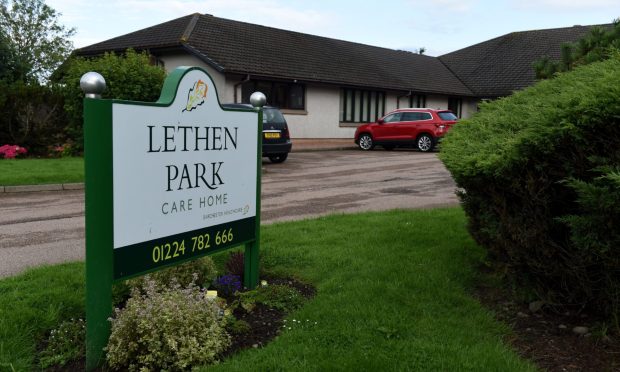
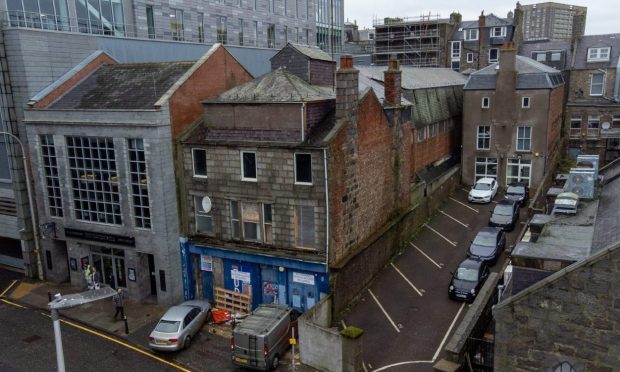


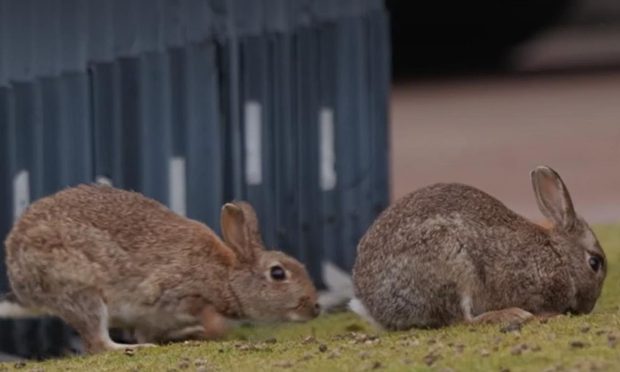
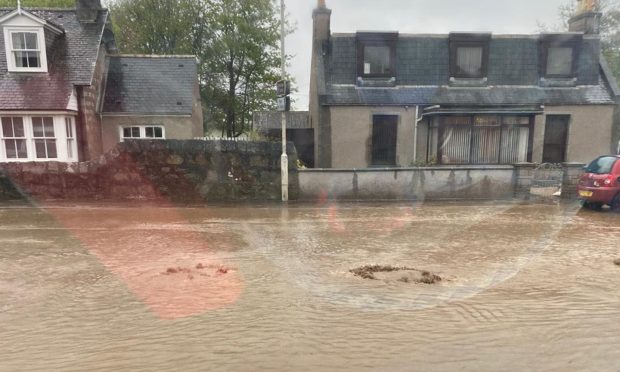


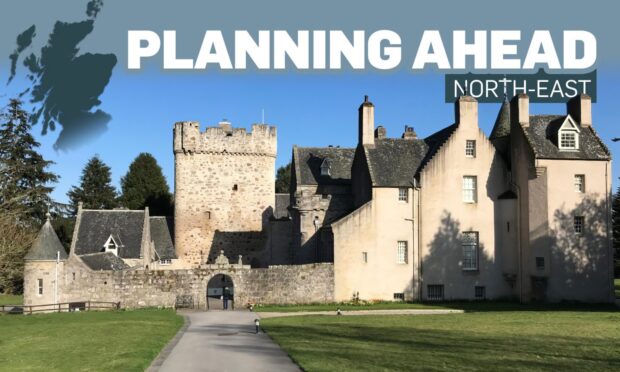
Conversation